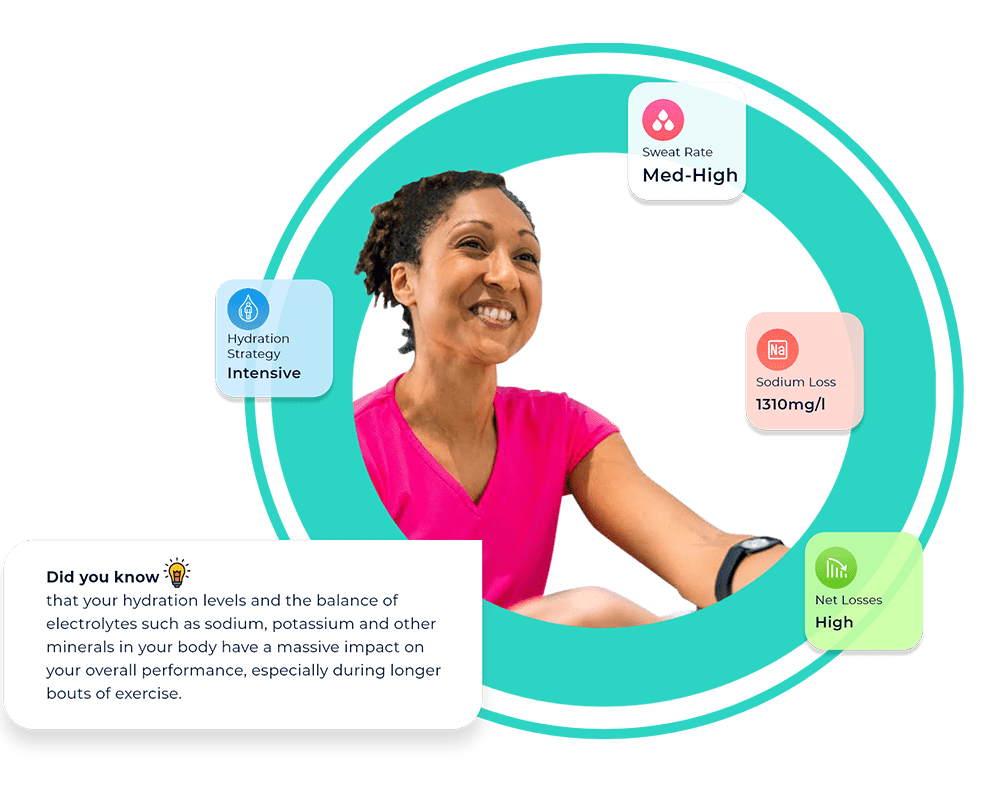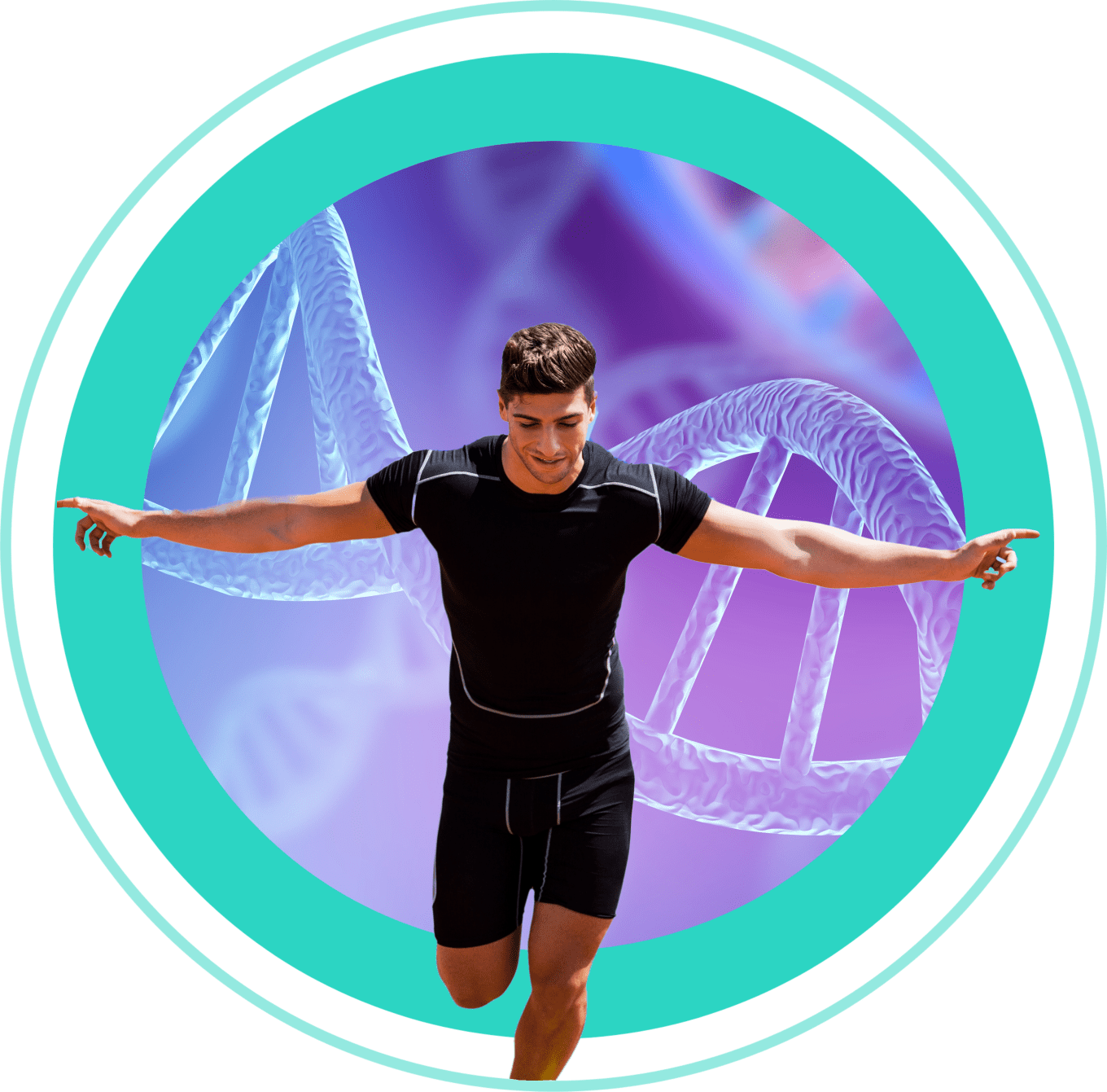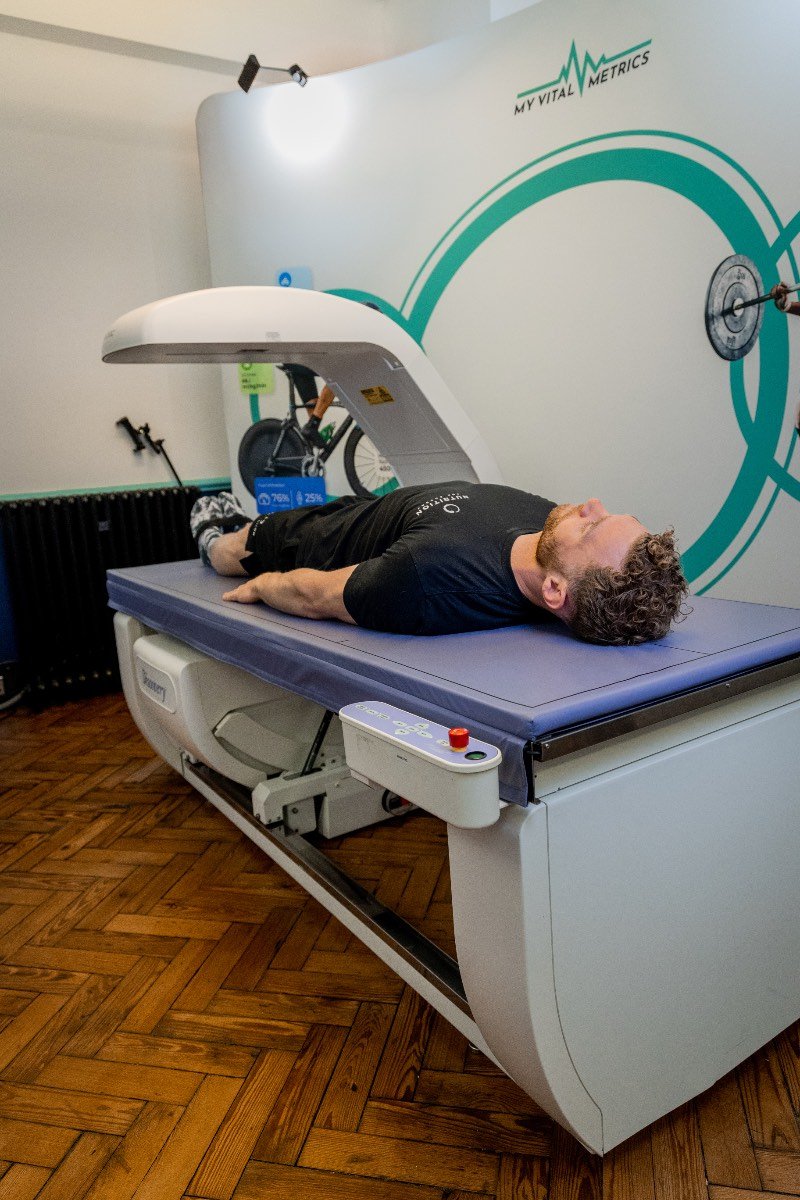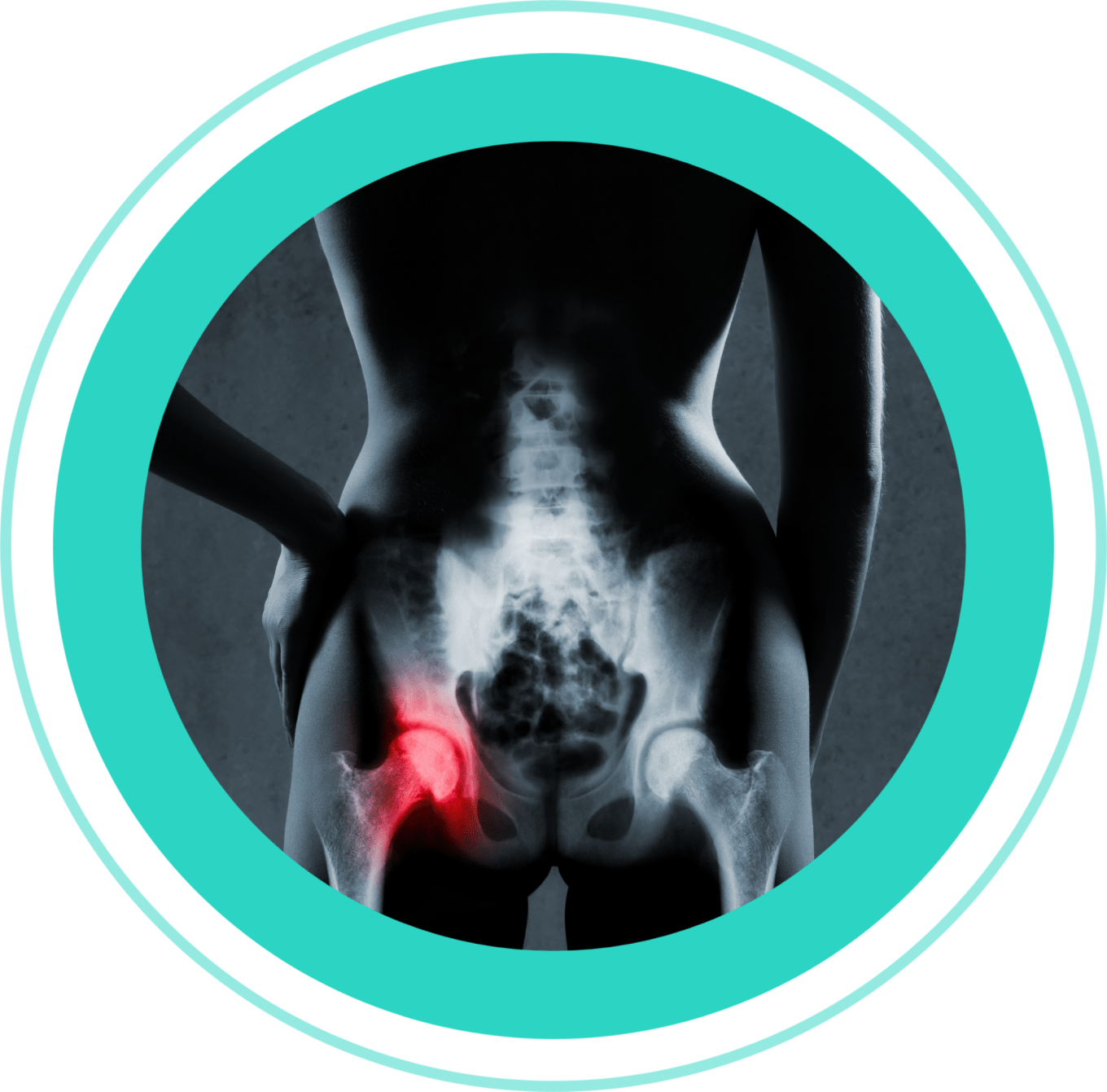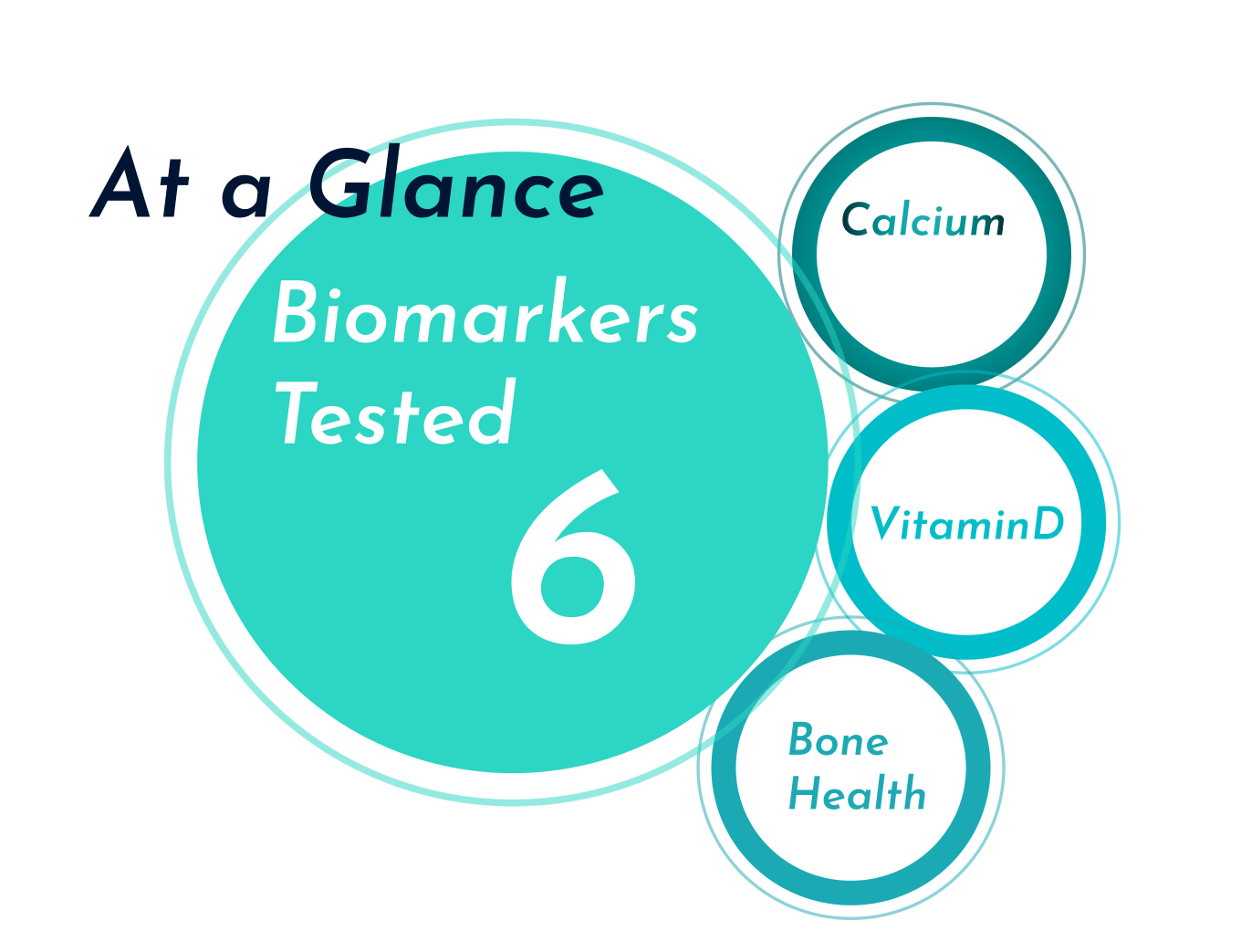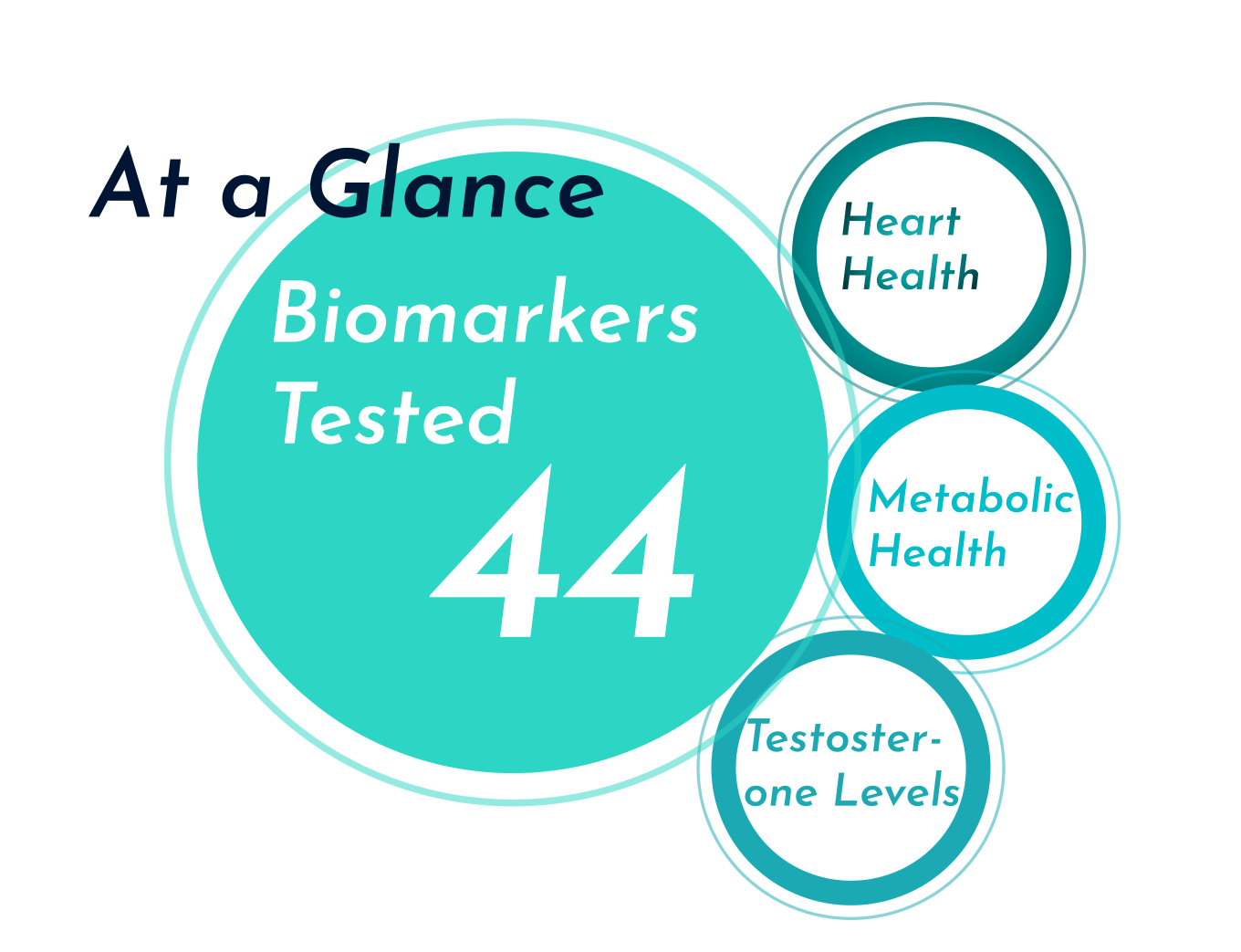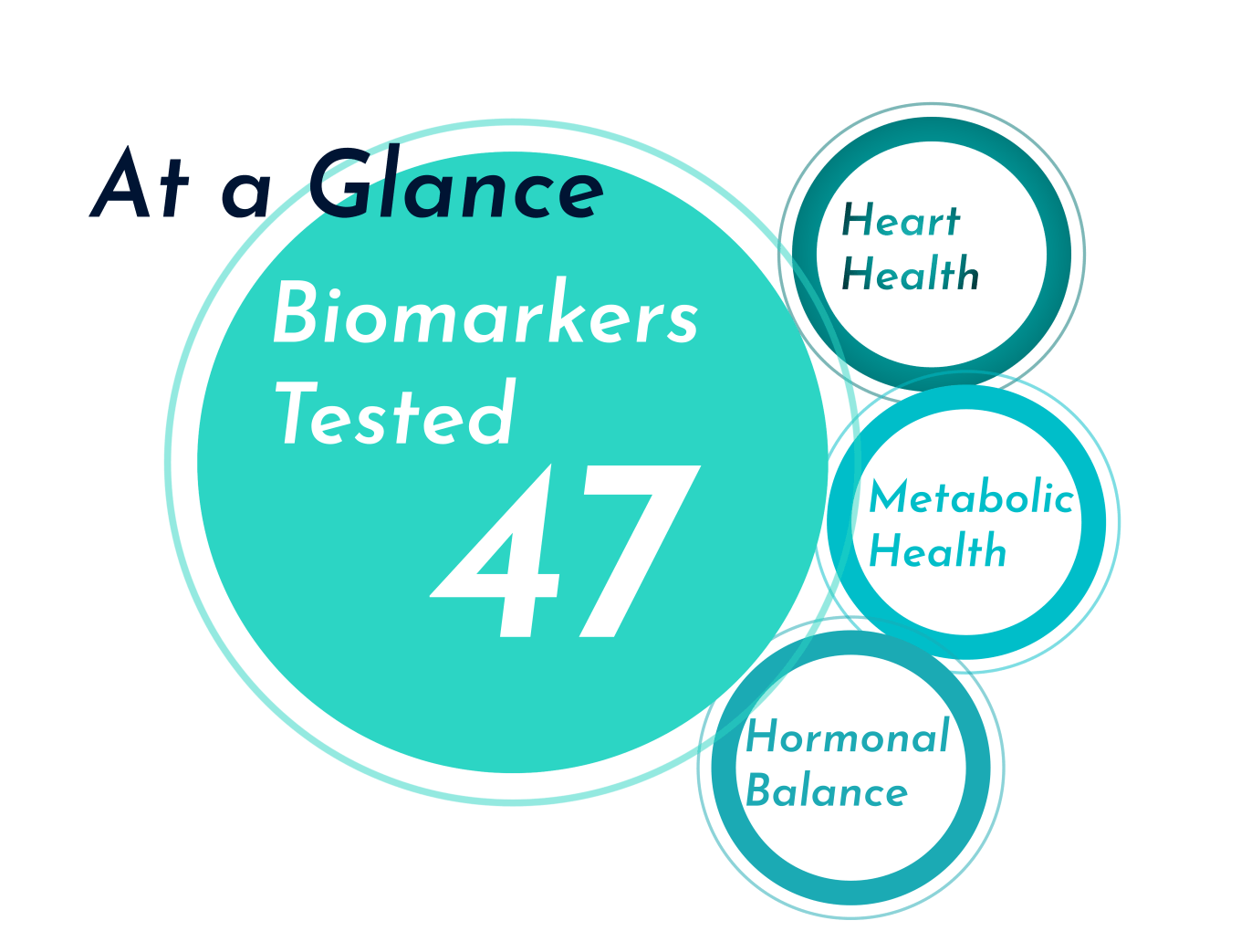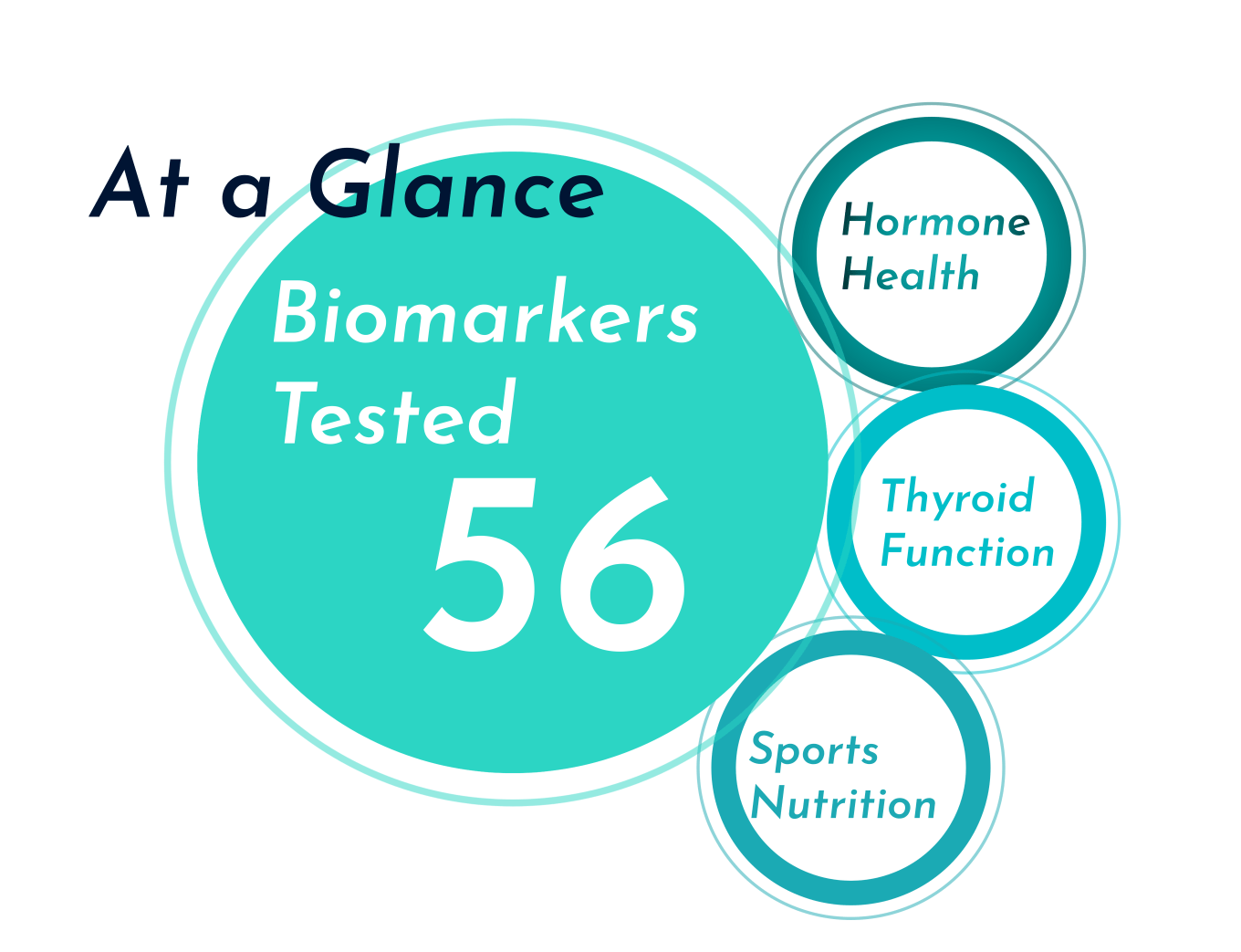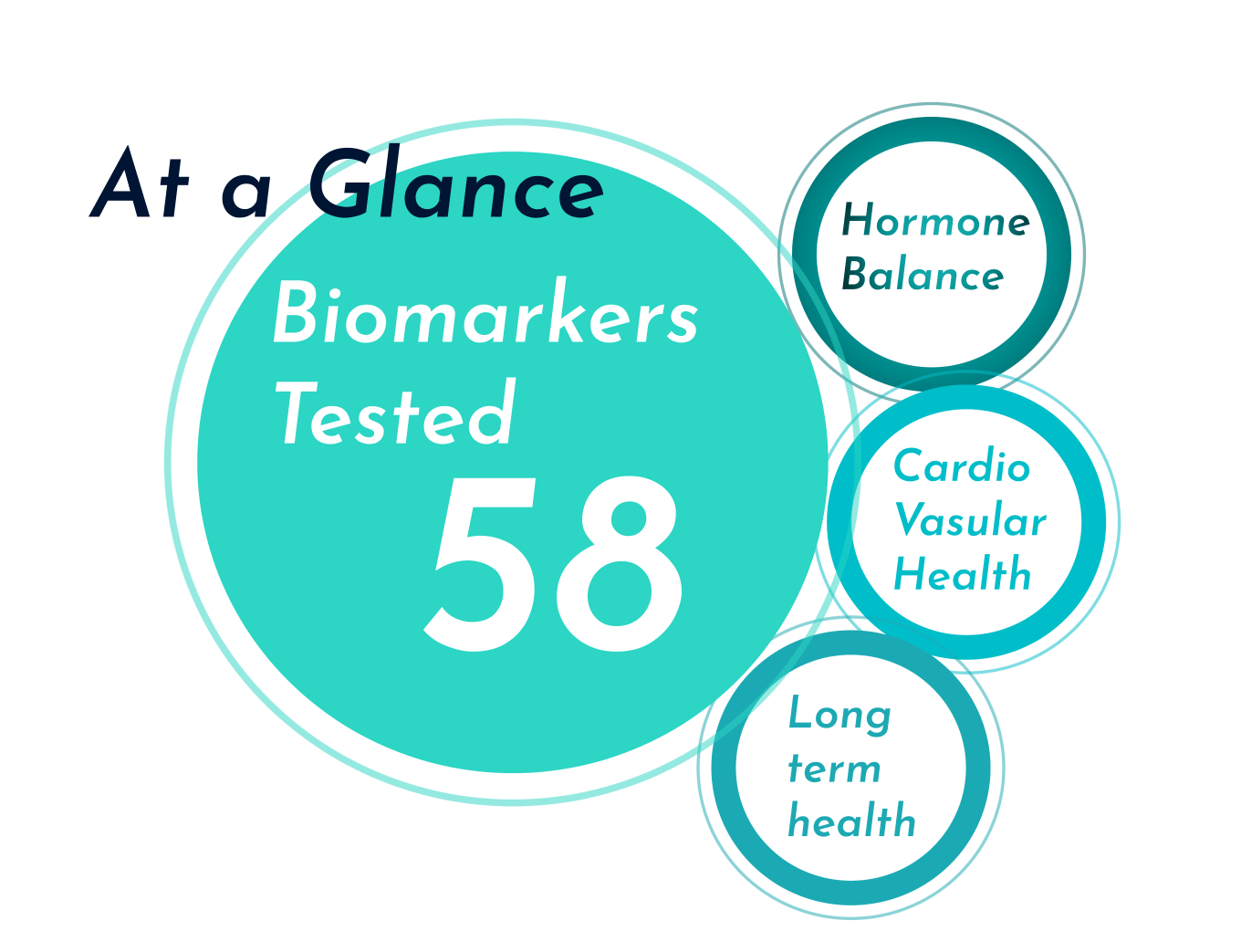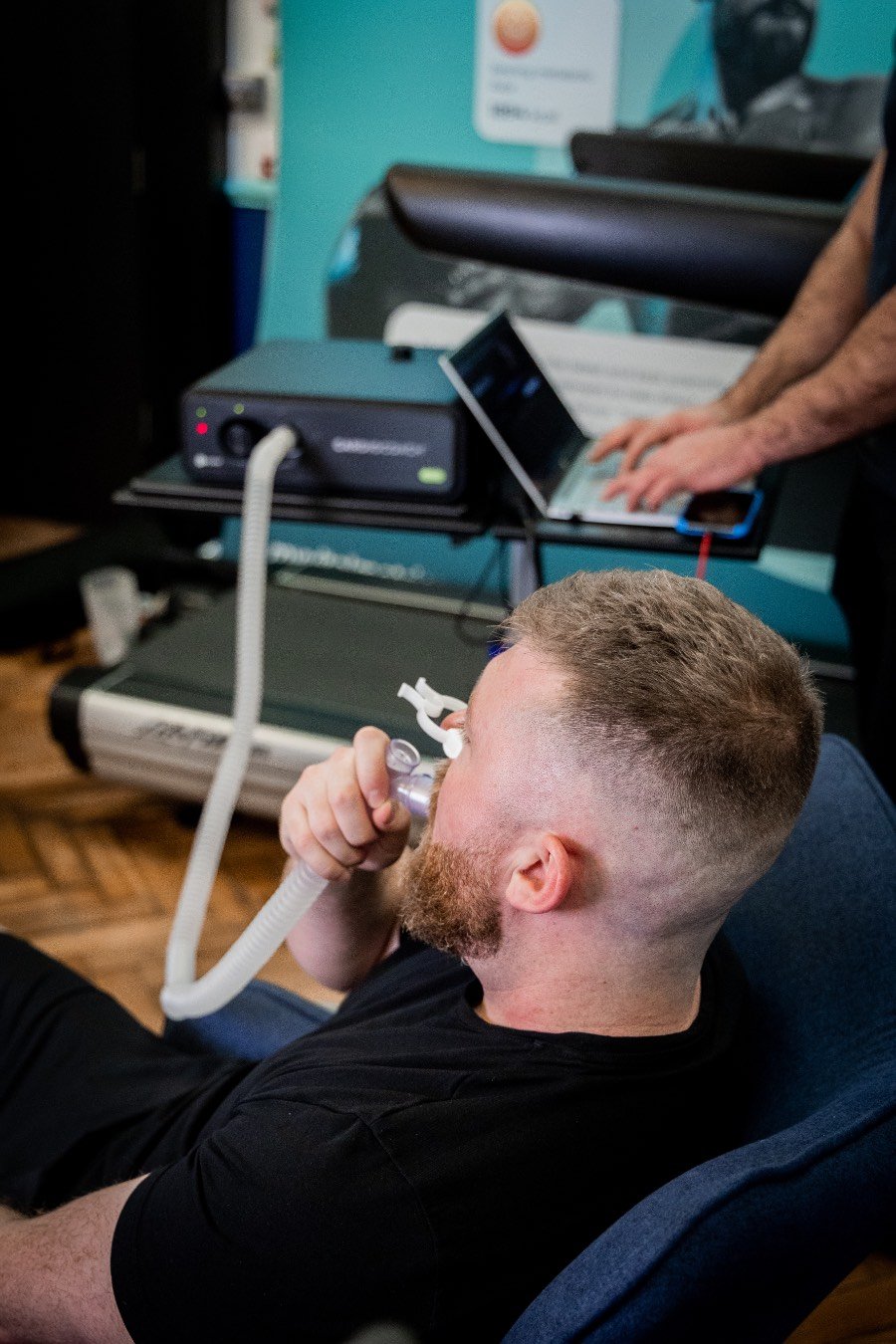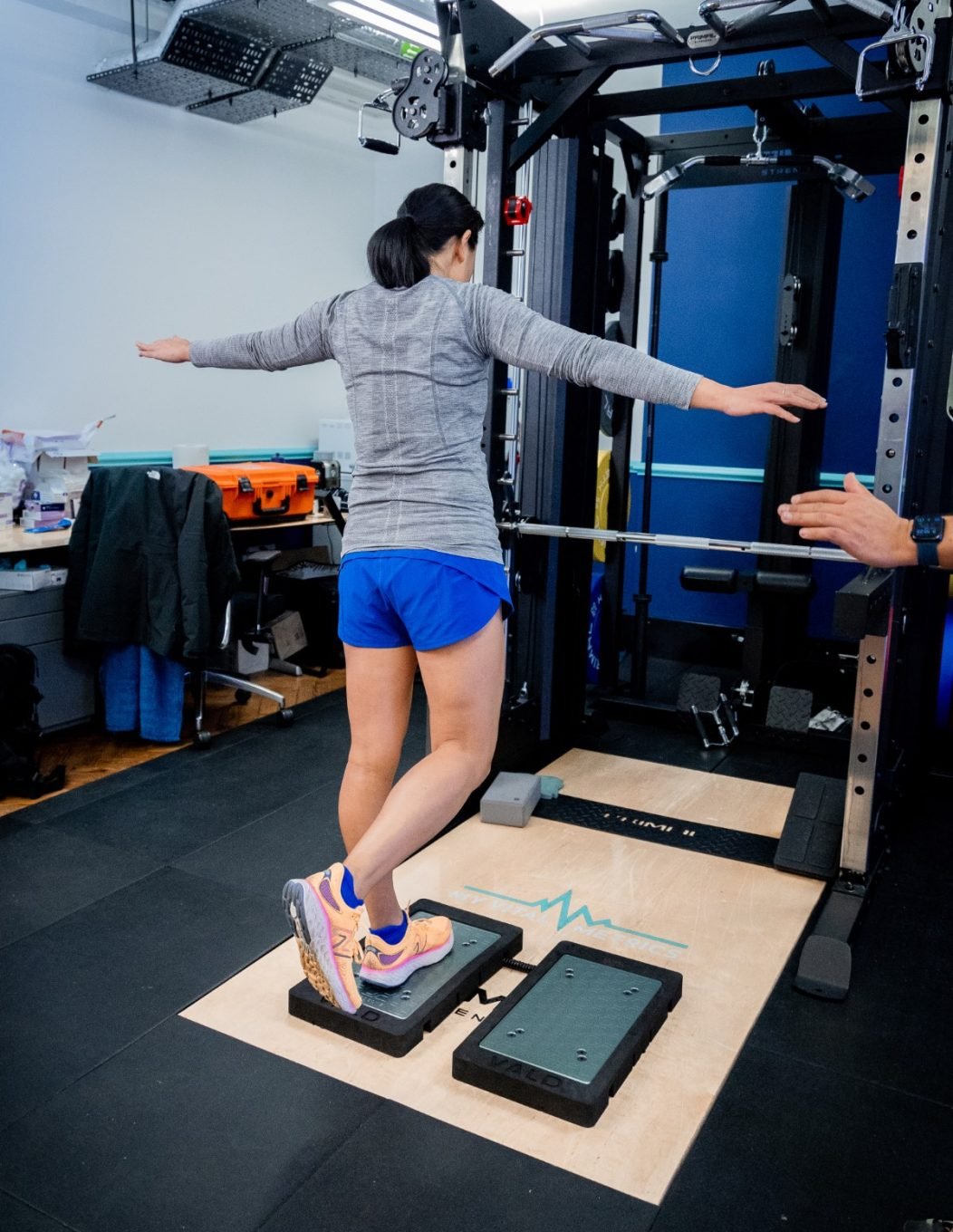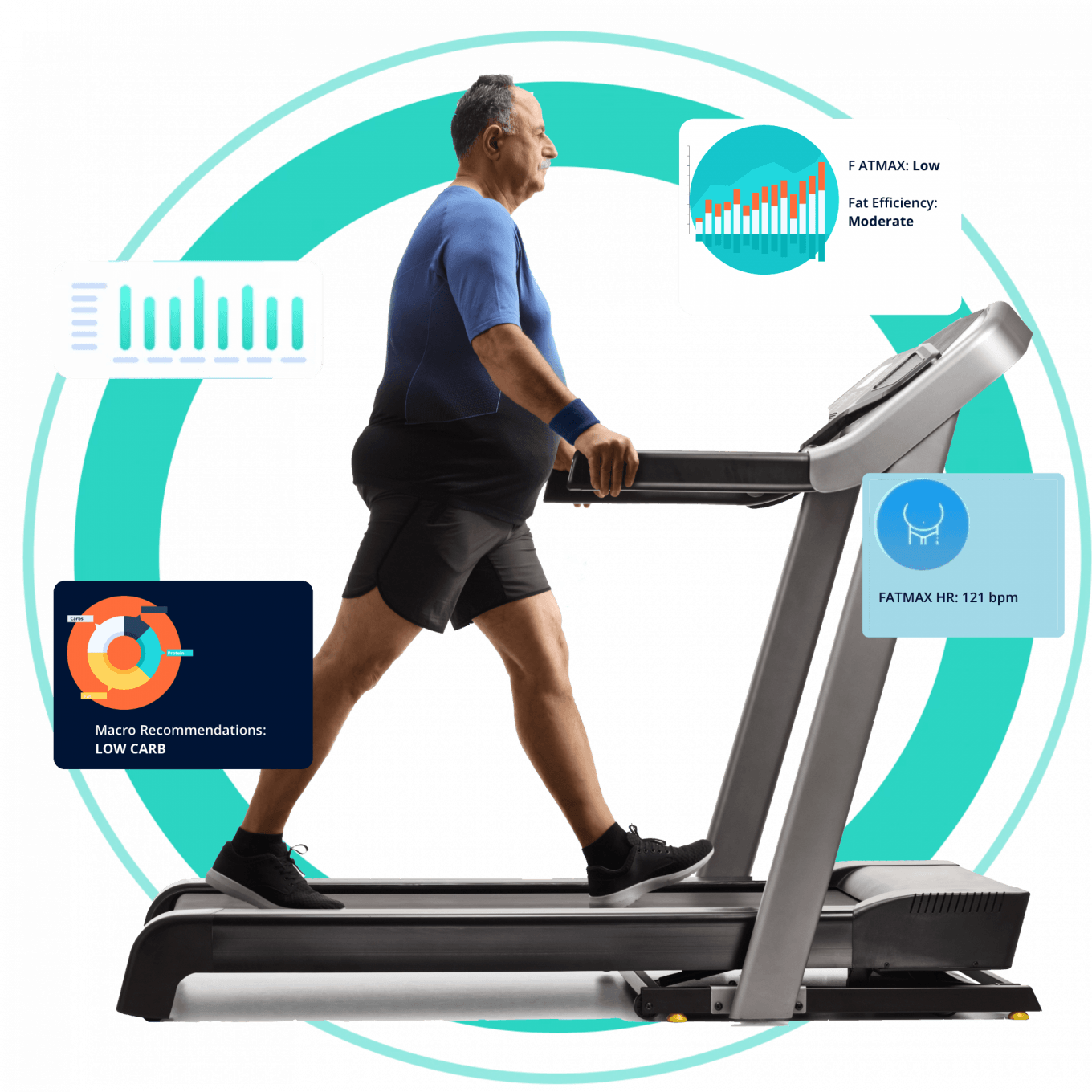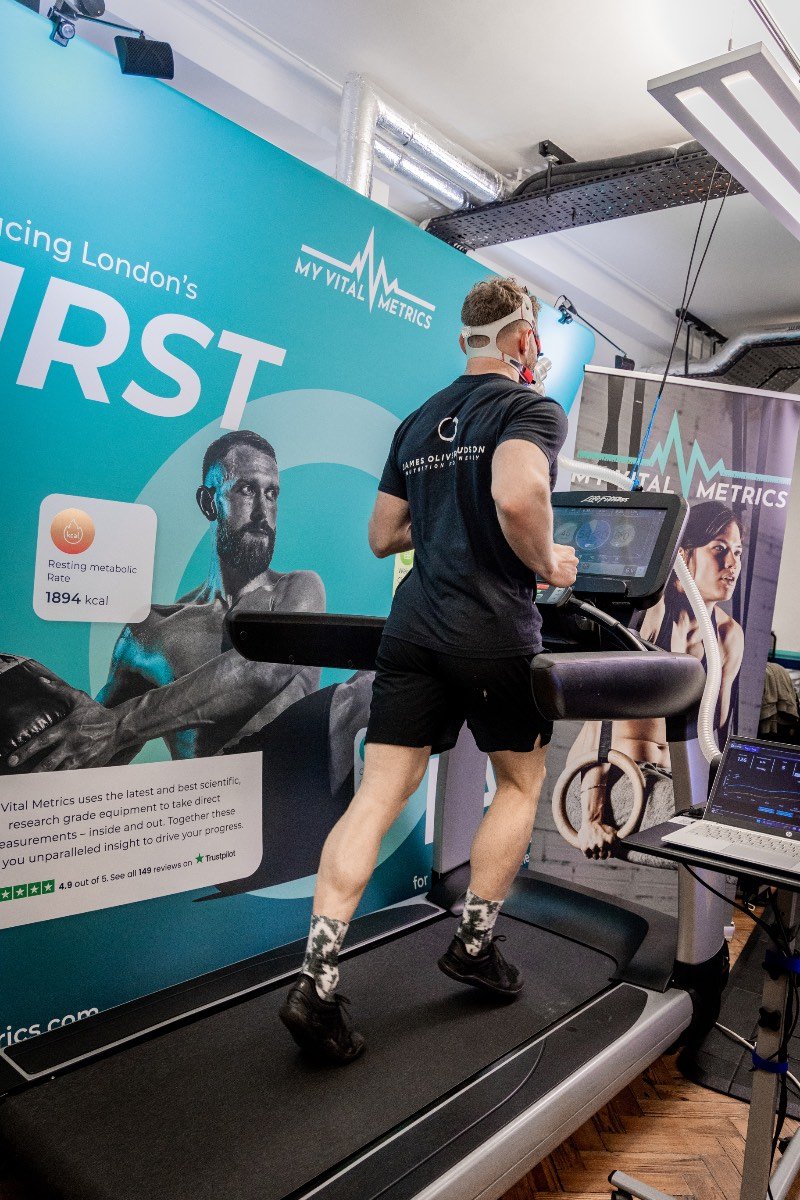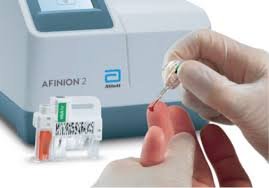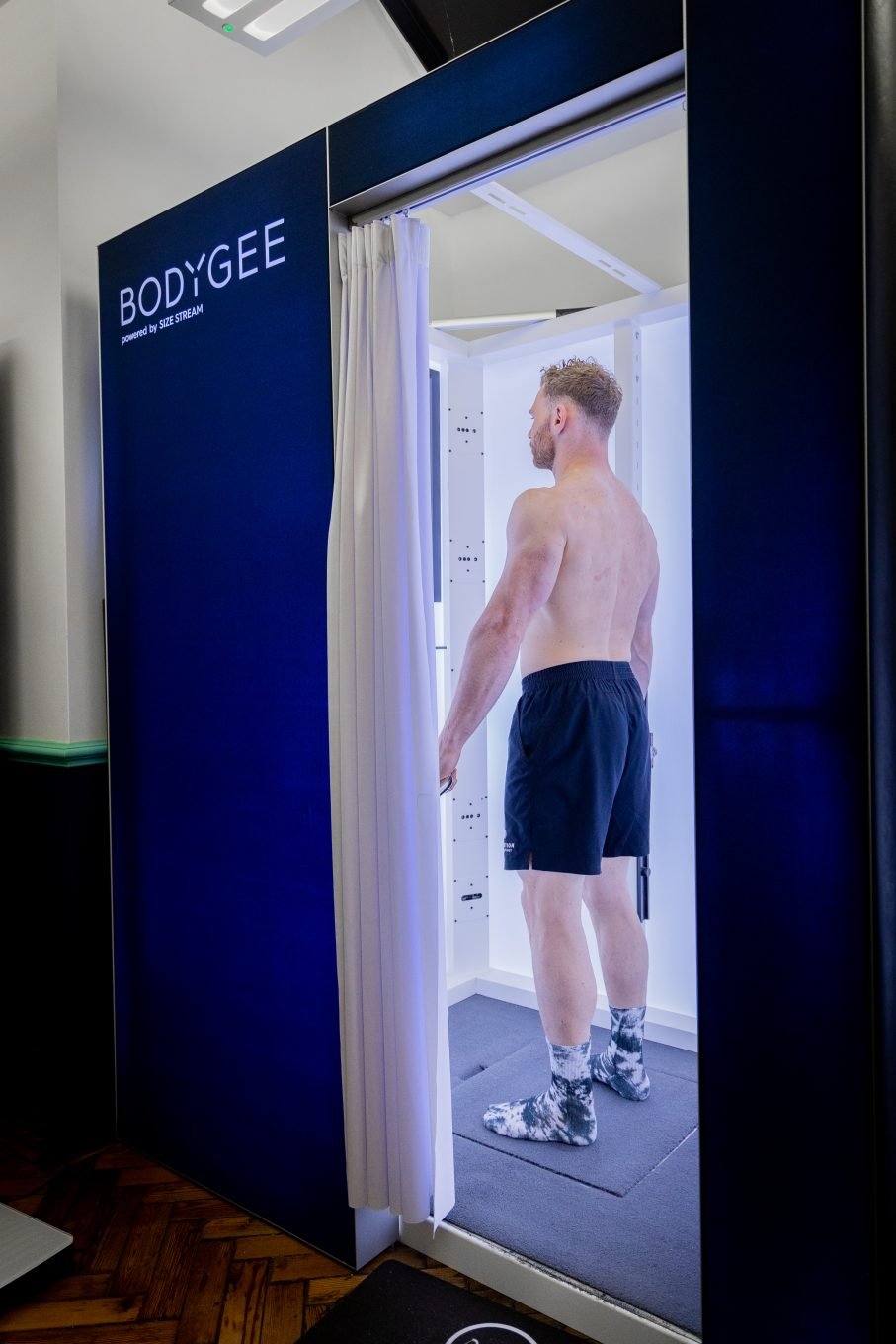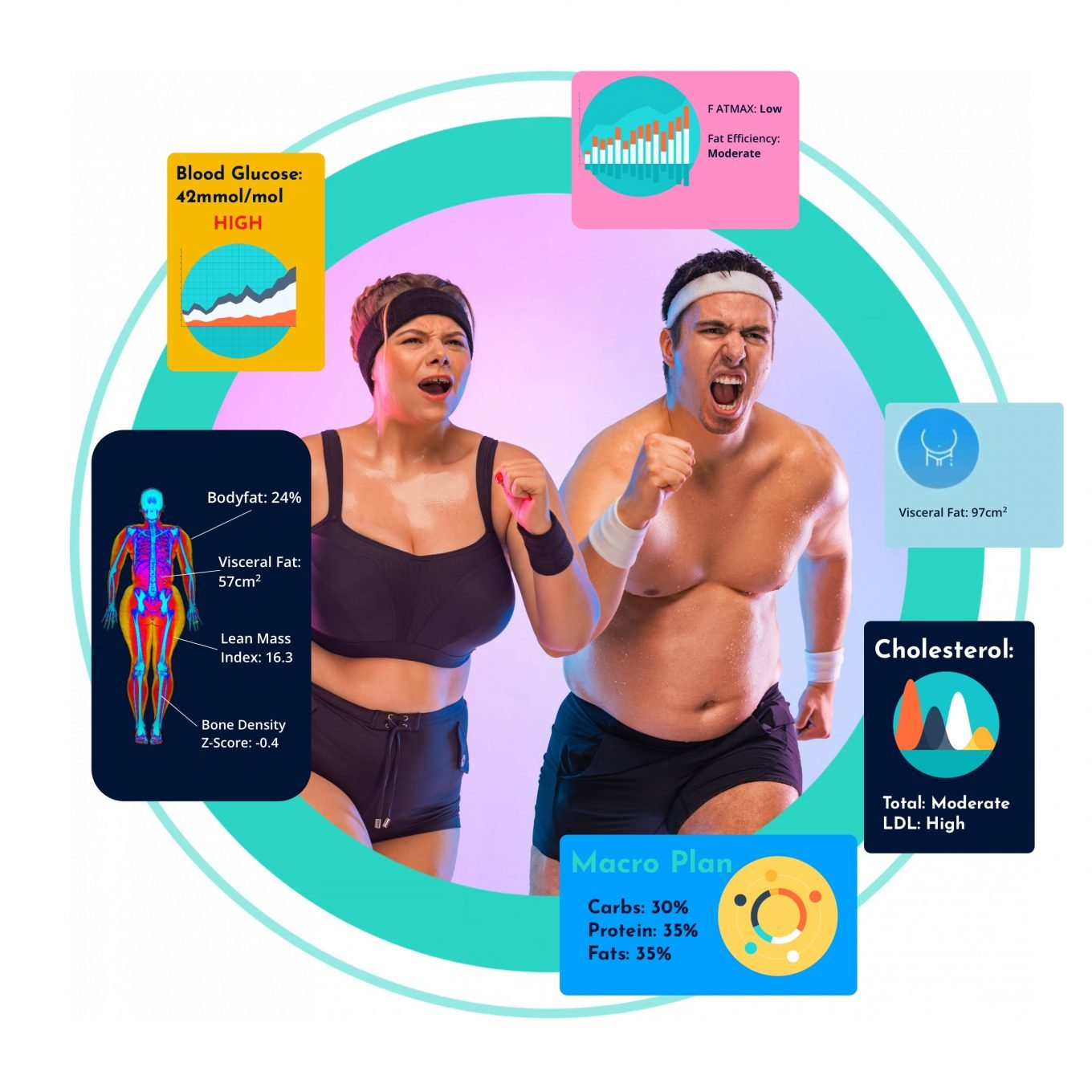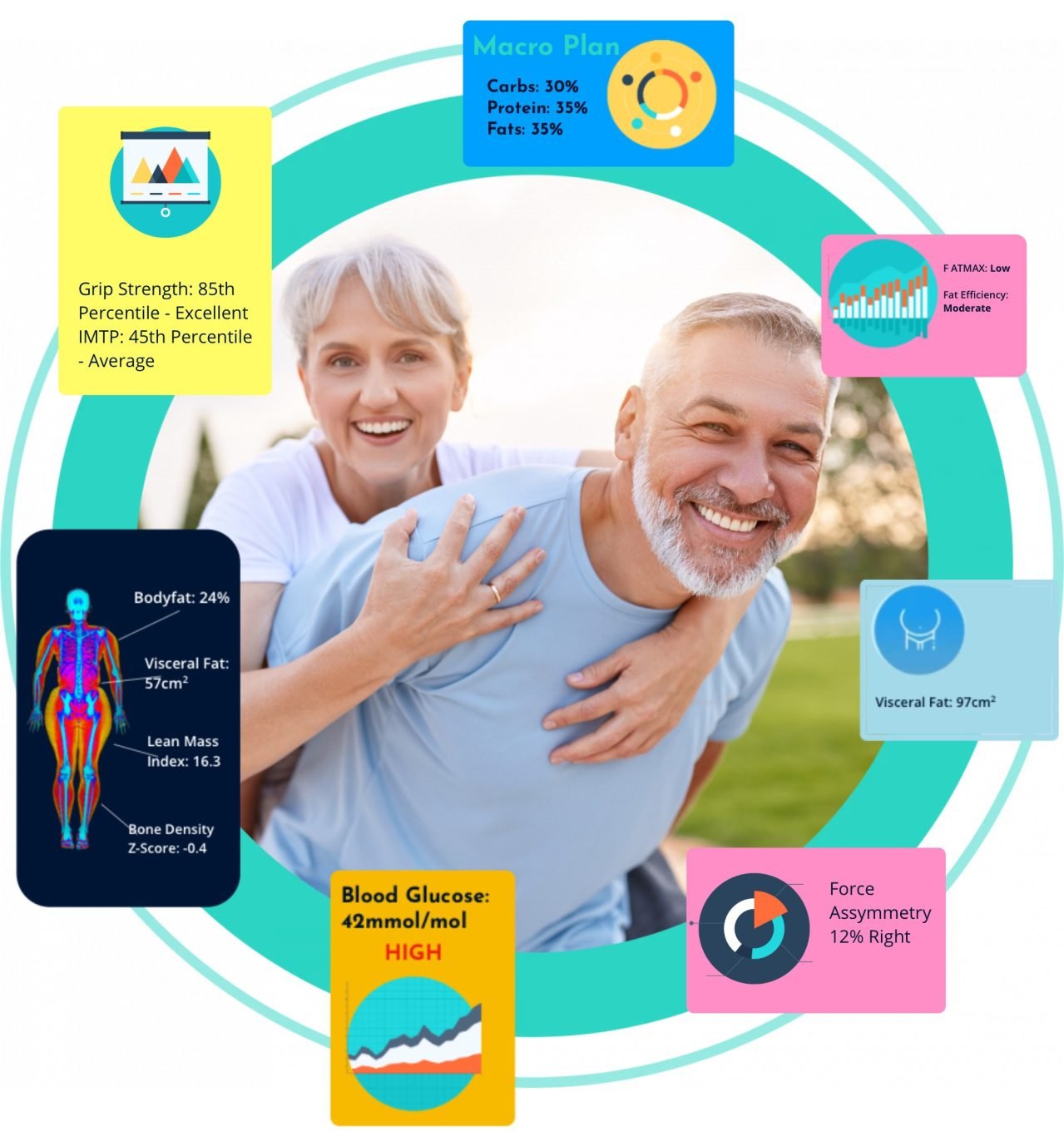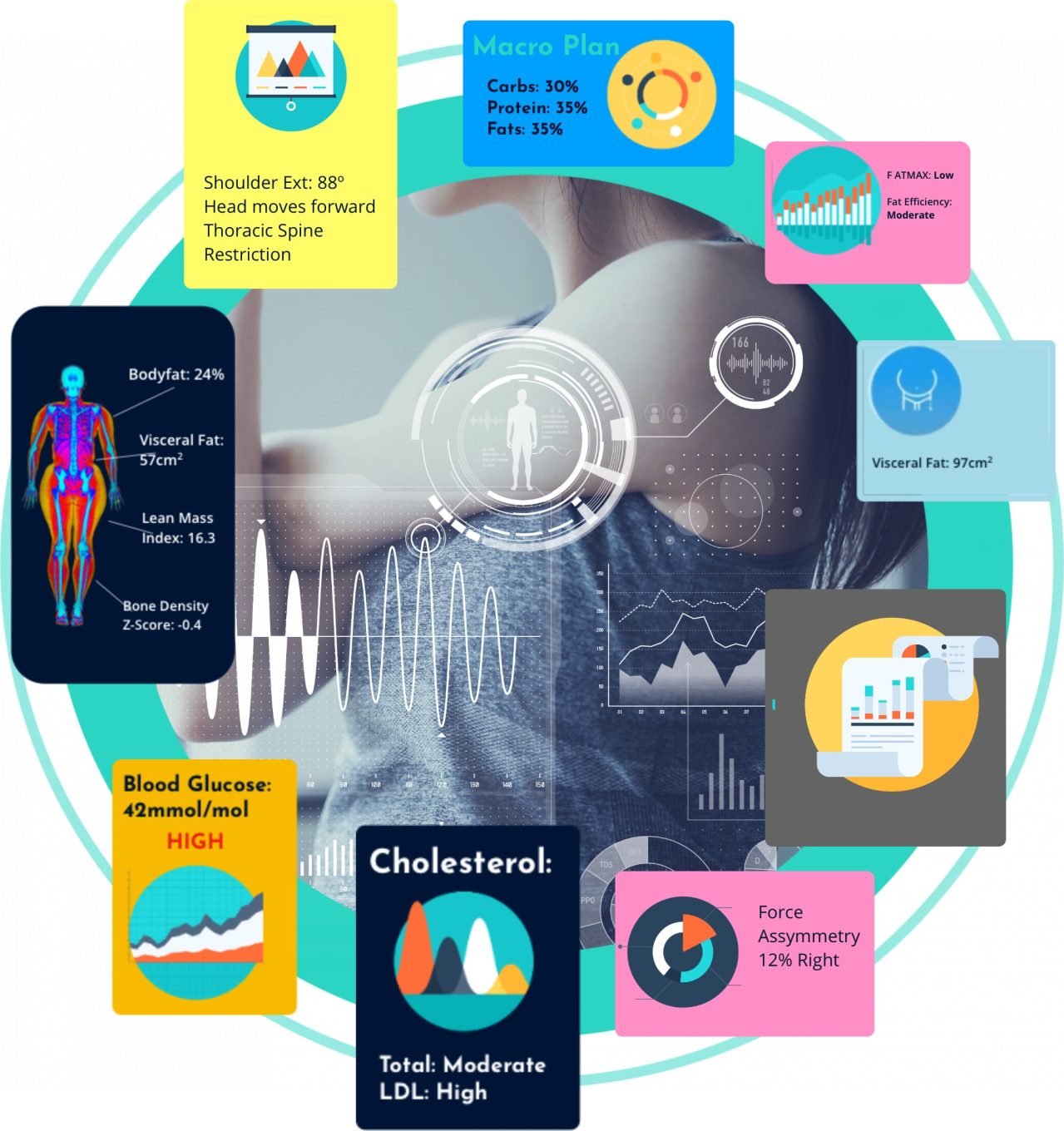One thing we know is that bone does not like chronic low levels of energy availability.
Energy availability is the dietary energy left over to the body after the energy expended from exercise has been accounted for.
That means if you are exercising very frequently and not meeting energy needs from a dietary intake point of view (calories) be very careful as this may affect bone health over time.
It is always best to speak with your GP first. If you are engaging in a lot of exercise, especially endurance exercise it may be worth speaking with a Sports & Exercise Registered Nutritionist (SENr) as well.
How do I assess the status of my bones?
Popping in for a 3 minute DEXA scan with us will allow you to assess bone mineral density.
Please be aware that we do not offer the service as a diagnostic tool, we simply present your bone mineral density via two important scores.
A Z-score compares your bone density to the average bone density of people of your own gender and age.
A T-score represents how close you are to the average peak bone density. Meaning how do you differ from the bone mass of an average healthy 30-year-old adult.
Below are some additional resources that might allow you to read further:
Resources:
Bone Health during the Menopause Transition and Beyond:
https://www.ncbi.nlm.nih.gov/pmc/articles/PMC6226267/pdf/nihms-1506835.pdf
Nutrition and bone health in women after the menopause:
https://journals.sagepub.com/doi/pdf/10.2217/WHE.14.40
Nutrition & Athlete Bone Health
https://link.springer.com/content/pdf/10.1007/s40279-019-01161-2.pdf
